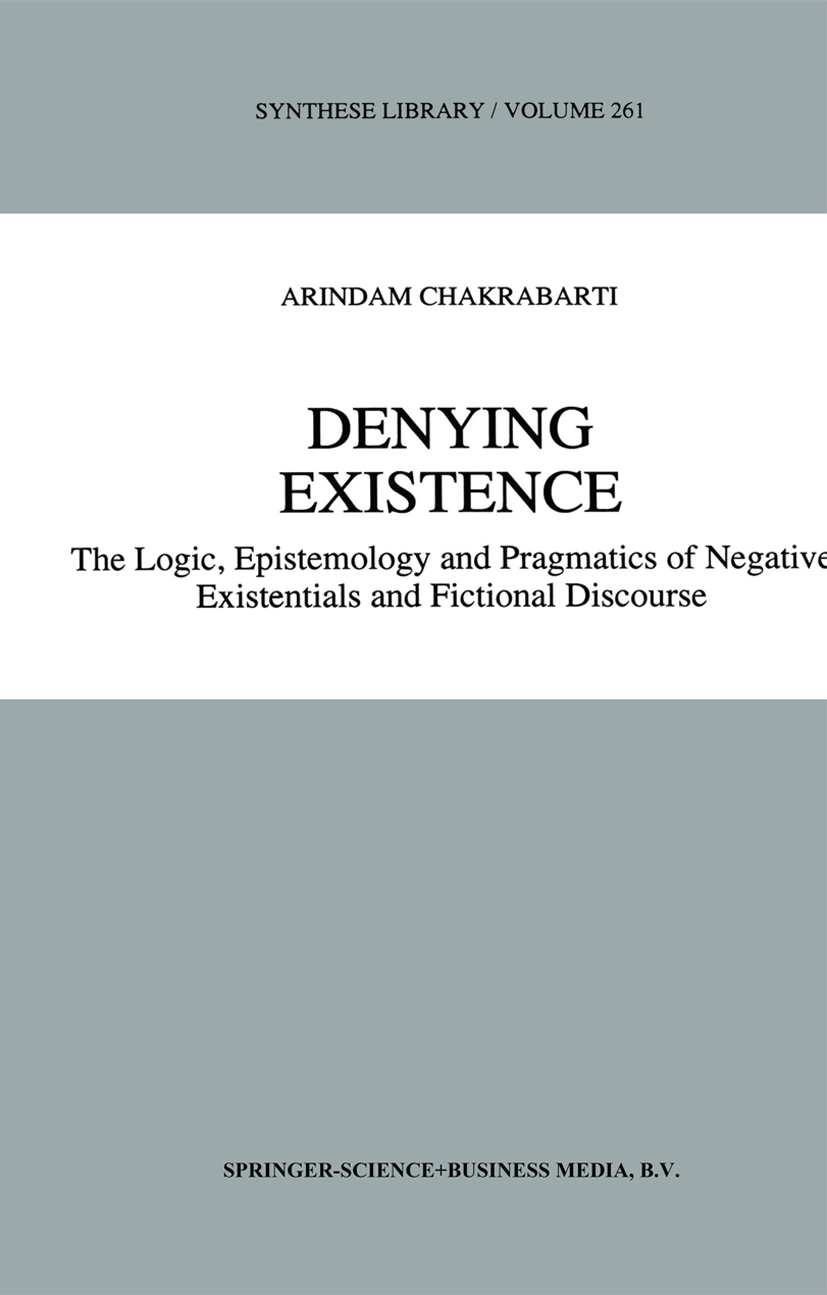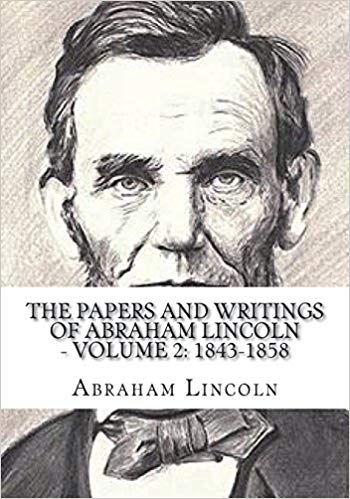Denying Existence
Thanks to the Inlaks Foundation in India, I was able to do my doctoral research on Our Talk About Nonexistents at Oxford in the early eighties. The two greatest philosophers of that heaven of analytical philosophy - Peter Strawson and Michael Dummett...
Read more
Thanks to the Inlaks Foundation in India, I was able to do my doctoral research on Our Talk About Nonexistents at Oxford in the early eighties. The two greatest philosophers of that heaven of analytical philosophy - Peter Strawson and Michael Dummett - supervised my work, reading and criticising all the fledgling philosophy that I wrote during those three years. At Sir Peter's request, Gareth Evans, shortly before his death, lent me an unpublished transcript of Kripke's John Locke Lectures. Work on the Appendix about Indian Philosophy was supervised by the late Professor Bimal Krishna Matilal with whom informal but intense philosophical conversations used to spill over into dinner at his place almost every other day. It was Professor Matilal who sent me, over a summer, to study a tough Navya-Nyaya text under his own Nyaya teacher Pandit Visvabandhu Tarkatirtha at Calcutta. All four of these teachers were as kind to me as my life-long mentor in philosophy Professor Pranab Kumar Sen, whose clarity and depth remain the unreachable regu lative ideal of my intellect. When I came back to India, my life became blissfully free of the agonising anxiety to publish, until, after a conference at Jadavpur University where I gave an impromptu paper, ironically enough, on Non-doings, I met Derek Parfit. He had a six-hour conversation with me, explicitly planning my life. Five years had already elapsed since I had finished my D. Phil, but Derek read my thesis and liked it.
Less




.jpg)





.jpeg)

















